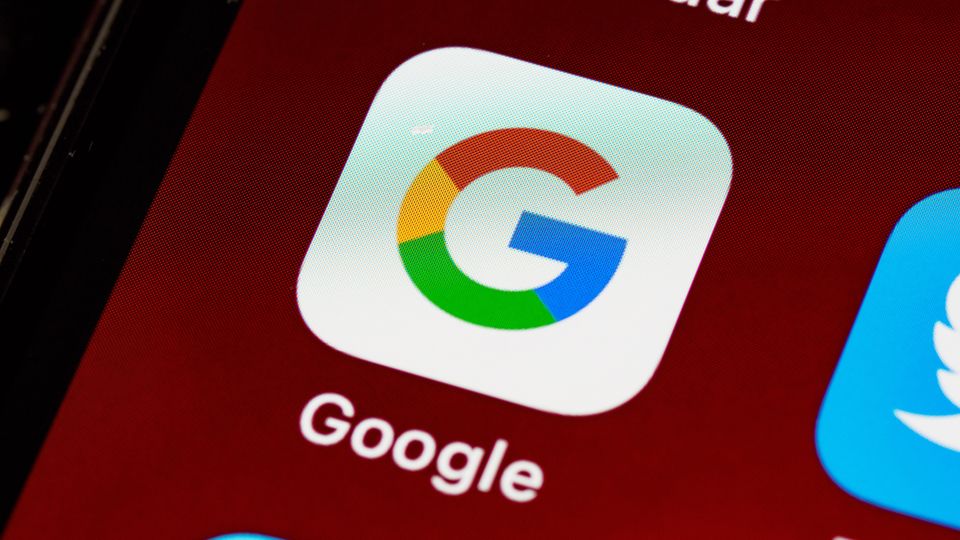Complete the form below to unlock access to ALL audio articles.
From the number of ounces in a cup to the first day of fall, online search engines such as Google put the answers to seemingly any question at our fingertips, making more knowledge accessible than ever before.
But this on-demand access to external information can also change how people perceive their own knowledge, according to new marketing research from the McCombs School of Business, with people losing sight of where their memory ends and where the internet’s begins. “When we’re constantly connected to knowledge, the boundaries between internal and external knowledge begin to blur and fade,” says Adrian Ward, lead research and Texas McCombs assistant professor of marketing. “We mistake the internet’s knowledge for our own.”
When “thinking with Google” — or using the internet to fill in gaps in one’s own knowledge — people believe they’re smarter and have a better memory than others, and incorrectly predict that they’ll perform better on future knowledge tests taken without internet access.
Blurred Boundaries
Although humans have long relied on external knowledge stored in books and other people, online search has made the interface between internal thought and external information swifter and more seamless, muddying the waters.
The process of searching Google is also much like searching your own memory, he adds. That can cause people to confuse information found online with information in their own heads.
Ward set out to investigate this possibility by running several experiments. In the first, participants answered 10 general knowledge questions either on their own or using online search. Then, they reported how confident they were in their ability to find information using external sources, as well as in their own ability to remember information.
Unsurprisingly, participants who used Google answered more questions correctly and were more confident in their ability to access external knowledge. More strikingly, they were also more confident in their own memory.
In a second experiment, participants answered the same 10 general knowledge questions either on their own or using online search. Then, Ward told them they would take a second knowledge test without using any outside sources, and he asked them to predict how many questions they would answer correctly.
Those who completed the first knowledge test with Google thought they would know significantly more when forced to rely on their own memory in the future — suggesting they attributed their initial performance to their own knowledge, not to the fact they were using Google.
A subsequent experiment offers an explanation for this effect. In that study, participants answered knowledge questions on their own, using Google, or with a version of Google that delayed search results by 25 seconds. Unlike those who used standard Google, participants who used “slow Google” were not more confident in their internal knowledge and did not predict higher performance on future tests, suggesting search speed is partially responsible for knowledge misattributions.
In a final experiment, Ward asked participants to answer 50 questions using either Google or Wikipedia. Although both tools provided the same answers to all questions, Wikipedia contains additional contextual information that may help people recall that the answers originated online.
Participants were then shown 70 questions (50 from before and 20 new ones) and were asked whether each had been answered using internal knowledge or the internet, or whether it was new. Those who used Google were far less accurate in identifying the source of information — specifically, they were more likely to attribute online information to themselves than those who used Wikipedia were.
“We’re seeing that people even forget that they Googled a question,” Ward says.
Overconfident Decision-Making
The research offers a cautionary tale. It suggests that in a world in which searching online is often faster than accessing our memory, we may ironically know less but think we know more.
This could affect decision-making, Ward says. Feeling more knowledgeable just because you’ve used the internet might cause you to rely on intuition when making medical decisions or risky financial decisions, and it could make you even more entrenched in your views of science and politics.
Ward adds that the research also has major implications for education, as students might devote less time and energy to gaining knowledge if they already feel knowledgeable. More broadly, educators and policymakers may want to reconsider what it means to be educated — perhaps putting less priority on memorizing facts that can just be Googled. “Maybe we can use our limited cognitive resources in a more effective and efficient way,” Ward says.
For now, Ward says he’s scaled back somewhat on Googling since conducting the study. Instead, when he’s looking for information, he often tries to test his own memory.
When we immediately jump to Google, we “don’t do the remembering,” Ward says. “We’re not exercising those muscles.”
Reference:
Ward AF. People mistake the internet’s knowledge for their own. PNAS. 2021;118(43). doi:10.1073/pnas.2105061118
This article has been republished from the following materials. Note: material may have been edited for length and content. For further information, please contact the cited source.


